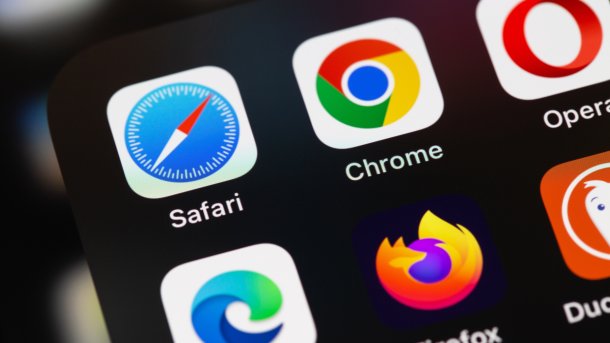uBlock Origin discontinues Chrome version and recommends Firefox
Due to Google's advertising requirements, only uBlock Origin Lite is available for Chrome. The adblocker works to a limited extent.

(Image: Primakov/Shutterstock.com)
The developer of the adblocker uBlock Origin draws attention to the imminent end of its extension in Chromium-based browsers –, above all Chrome. The reason is Google's new architecture for browser extensions, Manifest V3.
At the beginning of June 2024, Google initiated the transition from V2 to V3: Users of V2 extensions will receive a warning that these extensions will soon no longer work. V2 support is due to end in the next few months; there is no specific date yet.
Videos by heise
Slimmed-down adblocker uBlock Origin Lite
The uBlock Origin developer Raymond Hill will only offer the slimmed-down version uBlock Origin Lite (uBOL) for Chromium browsers in future. It has fewer functions and may not work as reliably. This is why Hill recommends Firefox - "uBlock Origin works best in Firefox", he recently wrote on Github. Firefox uses its own browser engine, but is compatible with both Manifest V2 and V3. Chrome users must install uBlock Origin Lite manually if they wish; there is no automated transition, according to the Github post.
With the third manifest version, Google is swapping the standard APIs for ad blockers, from webRequest to declarativeNetRequest. This means that extensions no longer block network requests themselves. Instead, you specify conditions and actions to the browser that describe how it should handle network requests. With these rules, the browser evaluates and changes network requests itself on behalf of the extensions, so to speak - for example, it blocks content.
According to Hill, this means that extended uBlock Origin functions are no longer possible, such as Dynamic Filtering and Dynmic URL Filtering. This allows users to add their own rules to the standard blocklists, for example to ban certain domains. uBlock Origin can also no longer block the loading of media content above a certain size, such as advertising images or videos.
Adblockers are more easily detected and blocked
The biggest restriction in future could be the detection of adblockers. Some websites block adblocker users and ask them to activate the extensions on banners.
DeclarativeNetRequest makes it easier for websites to recognize such extensions. Hill refers to a comparison in which a website can be accessed with uBlock Origin, but not with uBlock Origin Lite.
Adblocking would apparently also be possible without declarativeNetRequest, but with far-reaching technical limitations. When the browser is started, for example, previous tabs would be loaded before the adblocker can do its work. Chrome also puts so-called service workers to sleep after 30 seconds of idle time. If you stay on a website for longer, for example when reading an article, the service workers would first have to be woken up again – when you click on a new page, advertising is then visible again.
According to Hill, a workaround that forces the service workers out of sleep every 30 seconds –, as with Adblock Plus –, only works unreliably due to overlapping time windows.
(mma)